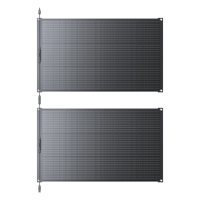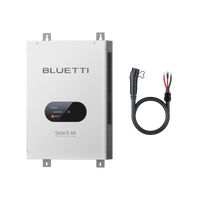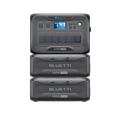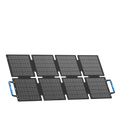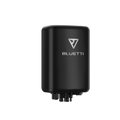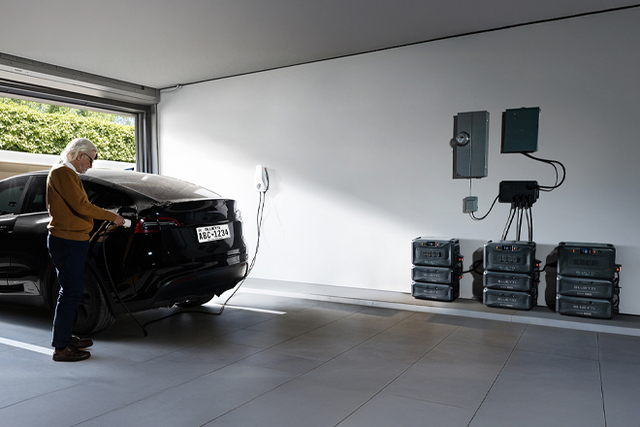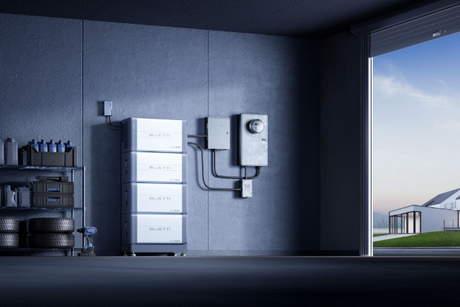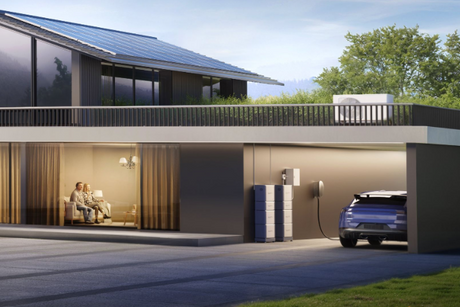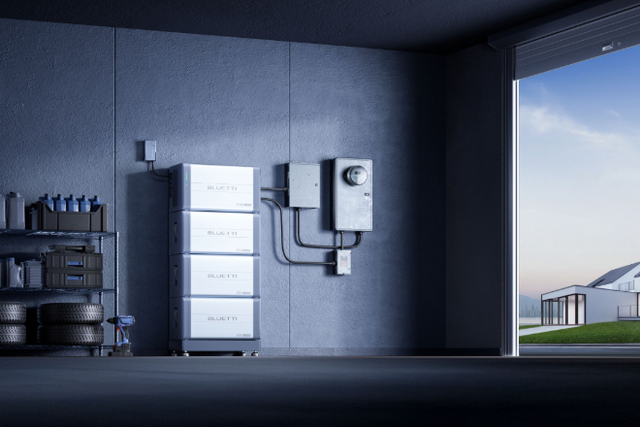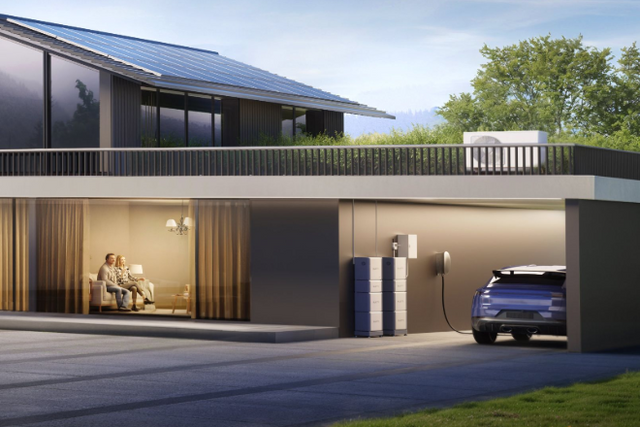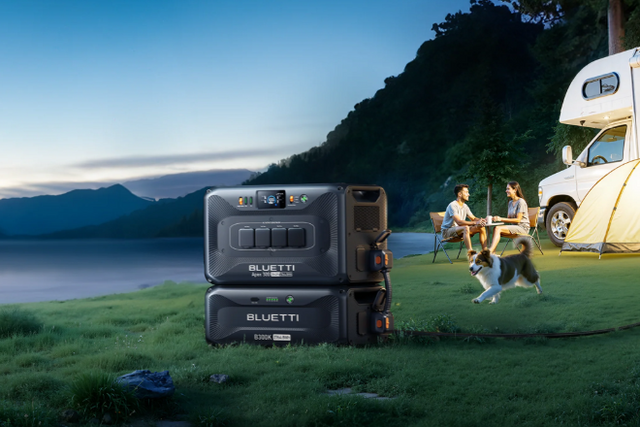In the world of alternative energy solutions, the versatility and reliability of generators have been indispensable for both residential and commercial settings. Among the various types of generators available, natural gas generators portable have garnered significant attention due to their efficiency, cleaner emissions, and accessibility. In this comprehensive exploration, we delve into the functionality, advantages, and considerations surrounding natural gas generators.

What Is A Natural Gas Generator?
A natural gas generator for home is a type of power generator that utilizes natural gas as its primary fuel source to produce electricity. Natural gas, a fossil fuel composed mainly of methane, is commonly extracted from underground reservoirs and distributed through pipelines. Natural gas generators harness this abundant and cleaner-burning fuel to generate electrical power, offering a reliable alternative to traditional diesel or gasoline generators.
How Do Natural Gas Generators Work?
Natural gas generators operate on the principle of internal combustion engines, similar to gasoline or diesel generators. However, instead of using liquid fuels, they rely on the combustion of natural gas to drive a turbine or piston engine. The process can be broken down into several key steps:
Fuel Intake:
The operation of a natural gas generator begins with the intake of air into the generator's combustion chamber. This air is necessary for the combustion process that will generate power.
Fuel Injection:
In a natural gas generator, natural gas is injected into the combustion chamber along with the intake air. This gas is typically delivered through dedicated pipelines or storage tanks connected to the generator.
Compression:
Once the air-fuel mixture is inside the combustion chamber, it undergoes compression. This compression raises the mixture's temperature and pressure, making it more combustible and ready for ignition.
Ignition:
At the optimal moment in the compression stroke, a spark plug ignites the highly compressed air-fuel mixture. This ignition initiates the combustion process, resulting in a controlled explosion within the combustion chamber.
Combustion:
The ignition of the air-fuel mixture leads to rapid combustion, with the natural gas burning and releasing energy in the form of heat. This heat generates high-pressure gases that expand rapidly, driving the pistons or turbines within the engine.
Mechanical Energy Conversion:
The expanding gases from the combustion process push against the pistons or turn the turbine blades, converting the natural gas's chemical energy into mechanical energy.
Electricity Generation:
The mechanical energy produced by the engine is then transferred to an alternator or generator, where it is converted into electrical energy. This electrical energy is then available to power electrical devices, appliances, or equipment.
Exhaust:
After the combustion process is complete, the exhaust gases, which typically consist of water vapor, carbon dioxide, and trace amounts of other byproducts, are expelled from the engine through an exhaust system.
Cooling and Lubrication:
Throughout the process, the engine components require cooling and lubrication to maintain optimal operating temperatures and reduce friction. Cooling systems, such as radiators or coolant loops, dissipate excess heat, while lubrication systems ensure the smooth operation of moving parts.
Control Systems:
Modern natural gas generators are equipped with sophisticated control systems that regulate fuel flow, timing, and other parameters to optimize performance, efficiency, and safety. These control systems may include sensors, electronic controllers, and automatic shutdown mechanisms to protect the generator and its surroundings from potential hazards.
Can You Run A Generator On Natural Gas?
Yes, natural gas generators for home are designed specifically to run on natural gas as their primary fuel source. These generators are equipped with specialized engines and fuel delivery systems optimized for natural gas combustion. Additionally, they require a steady supply of natural gas, typically delivered through dedicated pipelines or storage tanks, to ensure uninterrupted operation.
Advantages And Disadvantages Of Natural Gas Generators:
Natural gas generators offer several advantages over their gasoline or diesel counterparts, as well as some disadvantages to consider. Let's explore both:
Advantages:
Cleaner Emissions: Natural gas is a cleaner-burning fuel compared to gasoline or diesel, resulting in lower emissions of pollutants such as carbon monoxide, nitrogen oxides, and particulate matter. It makes natural gas generators more environmentally friendly and suitable for use in urban or sensitive areas.
Abundant and Accessible Fuel Source: Natural gas is widely available and can be accessed through existing pipelines or storage facilities. This accessibility reduces dependency on imported fuels and ensures a steady and reliable fuel supply for generators.
Cost-Effectiveness: In many regions, natural gas is more affordable than gasoline or diesel on a per-unit basis. It can result in significant cost savings over the lifetime of a generator, especially for applications with high energy demand or extended operation.
Lower Operating Costs: Natural gas generators tend to have lower operating costs compared to diesel or gasoline generators. They require less frequent maintenance, have longer service intervals, and may benefit from lower fuel prices, contributing to overall cost savings.
Quiet Operation: Natural gas generators typically produce less noise during operation than diesel or gasoline generators. It makes them more suitable for residential neighborhoods or areas where noise pollution is a concern.
Fuel Storage and Handling: Unlike liquid fuels such as gasoline or diesel, natural gas does not require onsite storage tanks or frequent refueling. It reduces the risk of fuel spills, leakage, and associated safety hazards.
Disadvantages:
Dependence on Infrastructure: Natural gas generators rely on a continuous supply of natural gas delivered through pipelines or storage facilities. Disruptions in gas supply, such as pipeline leaks, maintenance outages, or infrastructure failures, can affect the generator's operation and reliability.
Fluctuations in Gas Prices: The cost of natural gas can fluctuate due to market conditions, geopolitical factors, and seasonal demand. Sudden increases in gas prices can impact the operating costs of natural gas generators and may affect budget planning for generator users.
Initial Investment: Natural gas generators typically have a higher upfront cost than gasoline or diesel generators. This includes the purchase price of the generator unit itself, as well as installation, infrastructure, and compliance with safety regulations.
Emissions and Environmental Concerns: While natural gas is considered cleaner burning than gasoline or diesel, it still emits greenhouse gases such as carbon dioxide (CO2) during combustion. Additionally, methane, the primary component of natural gas, is a potent greenhouse gas with higher global warming potential than CO2 over shorter timeframes.
Limited Portability: Natural gas generators are often stationary installations connected to fixed gas pipelines or storage tanks. It limits their portability and flexibility compared to portable gasoline or diesel generators, which can be easily transported and used in remote locations or during emergencies.
Fuel Combustion Byproducts: Despite producing fewer emissions than gasoline or diesel generators, natural gas generators still generate combustion byproducts such as carbon monoxide, nitrogen oxides, and sulfur dioxide. Proper ventilation and exhaust systems are necessary to mitigate air quality concerns and ensure safe operation.
Are Natural Gas Generators Worth It? Any Alternatives?
The decision to invest in a natural gas generator ultimately depends on individual energy needs, budget constraints, and environmental considerations. For those seeking a reliable and cleaner-burning alternative to traditional fossil fuel generators, natural gas generators offer a compelling solution. Their lower emissions, quieter operation, and cost-effectiveness make them a popular choice for residential, commercial, and industrial applications alike.
However, for those looking to reduce their carbon footprint further or explore alternative energy sources, there are several alternatives worth considering. Renewable energy technologies such as solar power, wind power, and hydroelectricity offer sustainable and environmentally friendly alternatives to fossil fuel-based generators. While the initial investment may be higher, renewable energy systems can provide long-term savings on energy costs and contribute to a greener future.
BLUETTI AC500B300S: A Versatile And Reliable Alternative
In addition to the EP760, BLUETTI offers the AC500B300S as a versatile and reliable power solution for both residential. With a rated power of 5,000W and a surge capacity of 10,000W, the AC500B300S provides ample power for essential appliances, electronics, and tools. Its LiFePO₄ battery technology ensures long-lasting performance with over 3,500 charge cycles to 80% capacity, delivering reliable power when you need it most.

The smart app control feature enables seamless monitoring and control via WiFi or Bluetooth connection, allowing users to adjust settings and track power usage remotely. With 16 versatile outlets compatible with 99% of devices, the AC500B300S offers unmatched convenience and flexibility for various applications.
Furthermore, its ability to tie to the home grid for 24/7 uninterrupted power supply ensures peace of mind during emergencies. Backed by a comprehensive 4-year warranty, the AC500B300S embodies BLUETTI's commitment to quality, reliability, and innovation in the renewable energy market.

FAQs About Natural Gas Generators:
How long can a natural gas generator run continuously?
In general, natural gas generators for home can run continuously for extended periods as long as they have a steady supply of fuel and undergo regular maintenance checks to ensure optimal performance.
Do natural gas generators use a lot of gas?
While natural gas generators tend to be more fuel-efficient compared to gasoline or diesel generators, they can still consume a significant amount of gas under heavy loads or extended operation.
How much does it cost to run a natural gas generator per day?
Depending on the specific circumstances, natural gas generators can cost from a few dollars to several hundred dollars per day to operate on average.
Do natural gas generators produce carbon monoxide?
Unlike gasoline or diesel generators, natural gas generators produce lower levels of harmful pollutants such as carbon monoxide. However, proper ventilation and exhaust systems are essential to minimize the risk of carbon monoxide buildup, especially in enclosed or poorly ventilated spaces.
Conclusion
Natural gas generators offer a reliable and environmentally friendly solution for generating electrical power in residential, commercial, and industrial settings. Their cleaner emissions, lower operating costs, and quieter operation make them a compelling choice for those seeking an alternative to traditional fossil fuel generators. However, it's essential to weigh the advantages and disadvantages carefully and consider alternative energy solutions such as solar or wind power for a more sustainable future.
BLUETTI continues to lead the way with innovative and high-performance power solutions such as the EP760 and AC500B300S. With their advanced features, expandable capacity, and smart control capabilities, BLUETTI's products offer unmatched reliability, convenience, and peace of mind for users worldwide. As we navigate the transition towards a greener and more sustainable energy landscape, BLUETTI remains at the forefront, driving progress and empowering individuals and businesses to embrace renewable energy solutions.

















































